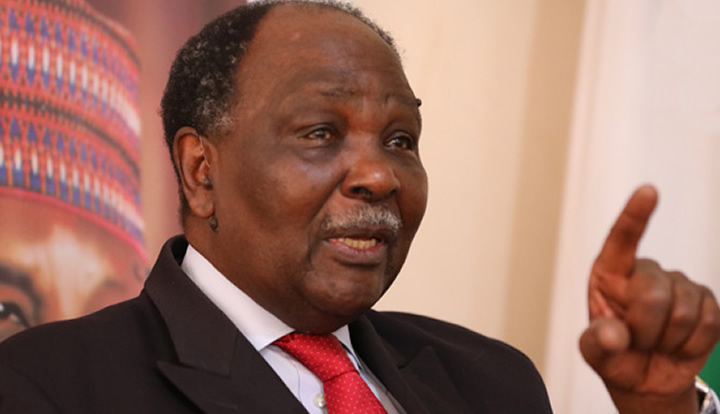African leaders must prioritize affordable housing as a cornerstone of sustainable development to tackle one of the continent’s most pressing challenges, former Nigerian military leader General Yakubu Gowon declared this week. Speaking through a representative at the 19th Africa International Housing Show (AIHS) in Abuja, Gowon emphasized that equitable access to housing is vital not only for shelter but also for improving public health, education outcomes, and economic growth.
The call was delivered by Prof. Suleiman Bogoro, former Executive Secretary of Nigeria’s Tertiary Education Trust Fund (TETFund), during the event’s opening session on Tuesday. Organized by AIHS CEO Festus Adebayo under the theme “Re-imagining Housing Through Innovation, Collaboration, and Policy,” the summit brought together stakeholders to address Africa’s housing deficit, which affects millions across the continent.
Gowon, Nigeria’s head of state from 1966 to 1975, framed housing as a catalyst for broader societal progress. He noted that substandard living conditions disproportionately undermine vulnerable populations, limiting children’s educational opportunities and workers’ productivity. “Inadequate housing isn’t just a social issue—it’s an economic and developmental imperative,” he stated, urging governments to integrate housing into national agendas alongside healthcare and infrastructure.
The former leader stressed the need for policies that balance rapid urbanization with sustainability, advocating for partnerships between governments, private investors, and international bodies. He warned that fragmented approaches would fail to meet the demands of Africa’s booming population, projected to double by 2050. “Collaboration is non-negotiable,” he said. “Policies must be inclusive, scalable, and anchored in local realities to ensure no community is left behind.”
Innovation emerged as a recurring theme, with Gowon highlighting low-cost construction technologies and renewable energy integration as potential solutions. He also called for increased funding for housing initiatives, noting that targeted investments could spur job creation while addressing shortages. Analysts estimate over 50 million housing units are needed continent-wide to close the current gap, a challenge compounded by rising migration to cities and climate-related displacements.
The three-day AIHS conference will feature workshops on financing models, urban planning, and policy reforms, aiming to bridge the divide between political commitments and on-ground implementation. For Gowon, the path forward hinges on urgency. “Africa’s population isn’t waiting,” he said. “Leaders must act now to turn plans into livable homes.”
